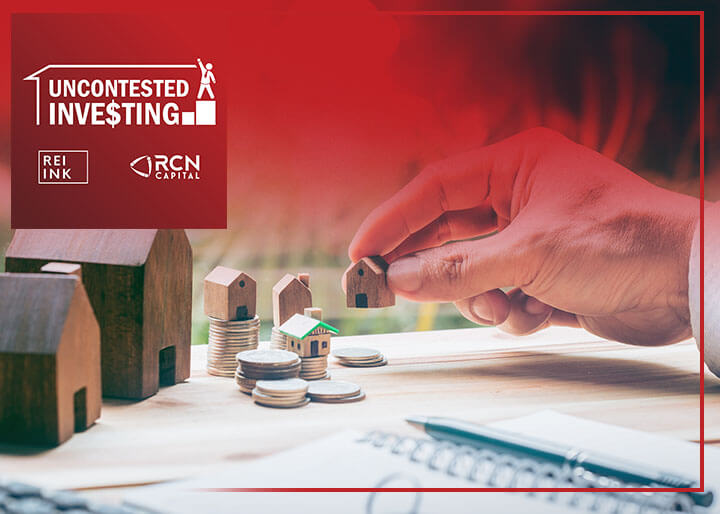How You Can Fix And Flip Around Market Shifts And Why Local Flippers Are Crucial To Solving The Inventory Crisis With Kurt Carlton
The state of our economy today is an open book and we see the hit everywhere. But how has it been in the real estate space? Specifically, how has it been in the fix and flip niche? In this episode, Kurt Carlton, President and co-founder of New Western, talks about market shifts and the several factors affecting the real estate market. He also shares insights on what the current
Read More








